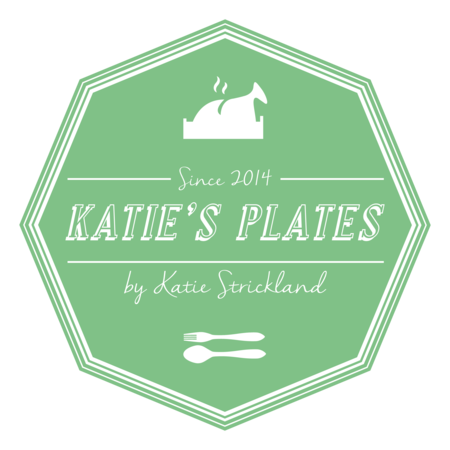Every few months we hear about the latest food trend or superfood to heal all that ails you. Claims such as “reduces inflammation, lowers blood pressure, supports brain health…,” and so on, are given to generally unknown or seldom eaten foods. This food will circulate in the media, become a topic of conversation at social gatherings, and give dietitians everywhere a headache as patients and clients ask if they should be eating it. I recognize that I may come across slightly hypocritical as I from time to time promote certain foods as being “super” or better for supporting overall health. But, I wanted to take a moment to highlight and think more critically about the “superfood” culture that influences our eating habits and the way foods are marketed to us. At this point in the blog, you should be aware that it is my passion to bring people back to eating real food and helping clear away the mess of what we consider food marketing. Honest conversation and critical thinking are at the heart of this mission.
------------------------------------------

A superfood is defined as “a nutrient-rich food considered to be especially beneficial for health and well-being.” While an accurate definition of this concept, let’s break it down a bit further. To start, a superfood is called “nutrient-rich”. This is a pretty relative quantifier. We might consider that this is trying to say that, per serving, this food will have a concentration of nutrients significantly greater than most foods. Unsure of whether this means there’s a vast array of nutrients or large quantities of certain specific nutrients, basing superfood-status off of being nutrient-rich is pretty vague.
[Side bar: It should be noted that there is not a general consensus, or any regulatory parameters, that say what foods are actually superfoods. The superfood label is largely opinion based. ]
The second part of the definition says that superfoods are “considered to be especially beneficial for health and well-being.” Here’s where I put my critical thinking cap on and spiraled down a rabbit hole of nutrition musings:
Are these foods really “super”?
Yes, there is research to support the health benefits claimed by these foods (although there is also research that says the opposite). Might it be possible, however, that these foods aren’t “super”, but simply better than the junk we often put into our bodies? So if a person eating the Standard American Diet (SAD) were to introduce the supposed superfoods into their diet, they could think “oh wow, these foods lowered my blood pressure, have me thinking more clearly, stabilized my hormones, etc.” And so the “superfood” narrative continues.
But, and this is just my opinion— though you should probably take it as the only opinion (kidding)— a well-balanced diet might do the same thing. Replace fast food, microwave meals, Cheesecake Factory four times a month, and soda/pop from your diet. Add in real food- not necessarily “superfoods”- and what could the results be? I’m going to take a guess and say you might express the following, “oh wow, this way of eating lowered my blood pressure, has me thinking more clearly, stabilized my hormones, etc.” interesting. Try it out and see if I’m wrong or right.
It sounds like I’m bashing superfoods themselves, but in reality I’m just confused why we need to give them a “super” status, and instead we should recognize that these are REAL foods. Normal foods. Foods that don’t need to be isolated as trendy or hipster or only for really health conscious individuals.Superfoods are largely marketed to be potentially life-altering and a health food holy grail, but they can’t save your life alone. Again, I stress the importance of a holistic approach to eating. Wide variety of foods, mostly plants, minimally processed.
Takeaway:
Don’t be drawn in by foods claiming to be “super”. Eat a balanced, real food diet and then play around with the latest flashy food that the media tells you that you should be eating if your heart desires. And hey, all your meals can be super when you're eating to nourish your body. For fun, we should all start describing our real food meals as "super"- I think it would send signals to our brain and rewire our thinking in a positive way. It's like a positive affirmation. "Can't wait to eat this super lunch!" That sounds pretty enthusiastic to me. And a positive mind can change your whole perspective. And help you make changes if healthier eating is a goal of yours. Now I'm rambling. But I warned you in the title of this post that I would be "musing". Until next time...
